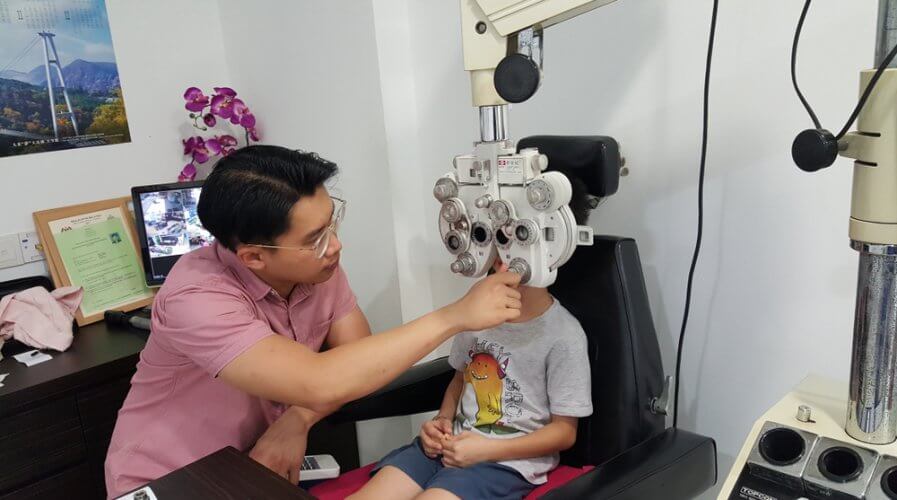
Healthcare leaders need to acquire analytical thinking skills. Source: Shutterstock
What are the core analytical skills that the healthcare industry needs?
TECHNOLOGY has the potential to transform the healthcare industry. It’s something that has been recognized by regulators and healthcare administrators but little action has been taken.
In many parts of the world, the lack of technology adoption or implementation, especially of advanced technologies such as artificial intelligence (AI) and machine learning (ML) stems from the fact that those in charge of steering the industry lack analytical skills to visualize digital solutions.
According to a new report by the NHSX — a new unit driving forward the digital transformation of healthcare in the United Kingdom — healthcare institutions must focus on developing analytical skills across the ranks, especially at the top.
The report highlighted the three core analytical skills that any leader in the healthcare industry would need right now, especially if they intend to pioneer the use of advanced technologies such as AI and ML in their facilities over the coming months:
# 1 | Appreciation
According to the NHSX, the leadership needs to develop an appreciation of how AI works, understand its strengths and weaknesses, and think about how it can complement traditional statistical approaches as a first step to implementing AI and ML.
# 2 | Evaluation
Once a basic understanding has been gained, the next analytical skill that healthcare professionals need is the ability to design reproducible studies, using open-source analytics, built on an evidence base that is sufficient to learn from and to measure success on.
# 3 | Implementation
Finally, the last and most critical analytical skill — especially in an era where stakeholders and the public are increasingly concerned about the ethical use of technology — the NHSX believes that healthcare leaders need to gain an understanding of the protocols and meta-data needed to ensure robust execution of ethically fair solutions.
Visualizing emerging technologies in healthcare
In the UK, the Alan Turing Institute, Health Data Research UK and the Health Foundation are looking at how they can collaborate in order to develop analytical skills to take advantage of exponential developments in technology.
According to the report, advances in algorithms, including AI tools, coupled with secure, scalable, computing environments that can access curated linked data will offer substantial opportunities for the NHS to improve patient outcomes and increase operational efficiencies.
Once healthcare leaders acquire or rather enhance their analytical thinking skills and learn to see how AI and other technologies can help them, they’ll be in a much better position to visualize, explore, and implement new solutions — significantly and positively impacting the care offered to patients.
Further, as pointed out by the report, it’s not only the leadership that needs analytical thinking skills. In the long run, every member of staff needs some degree of analytical thinking skills in order to ensure that the organization is able to continue on its digital journey and deliver better value to patients as a result.
READ MORE
- Strategies for Democratizing GenAI
- The criticality of endpoint management in cybersecurity and operations
- Ethical AI: The renewed importance of safeguarding data and customer privacy in Generative AI applications
- How Japan balances AI-driven opportunities with cybersecurity needs
- Deploying SASE: Benchmarking your approach


